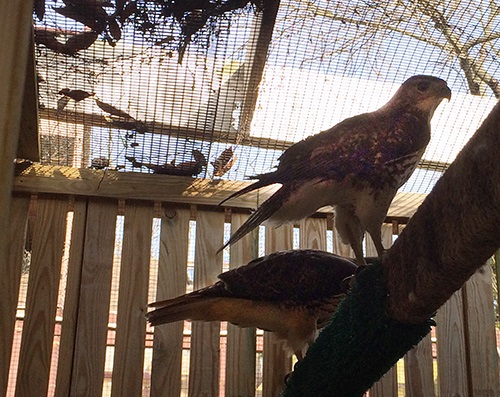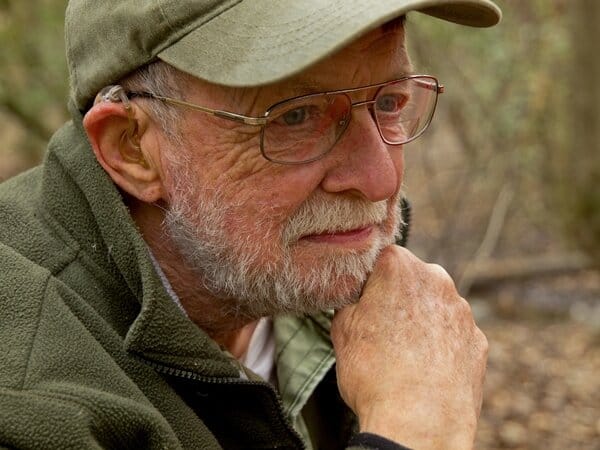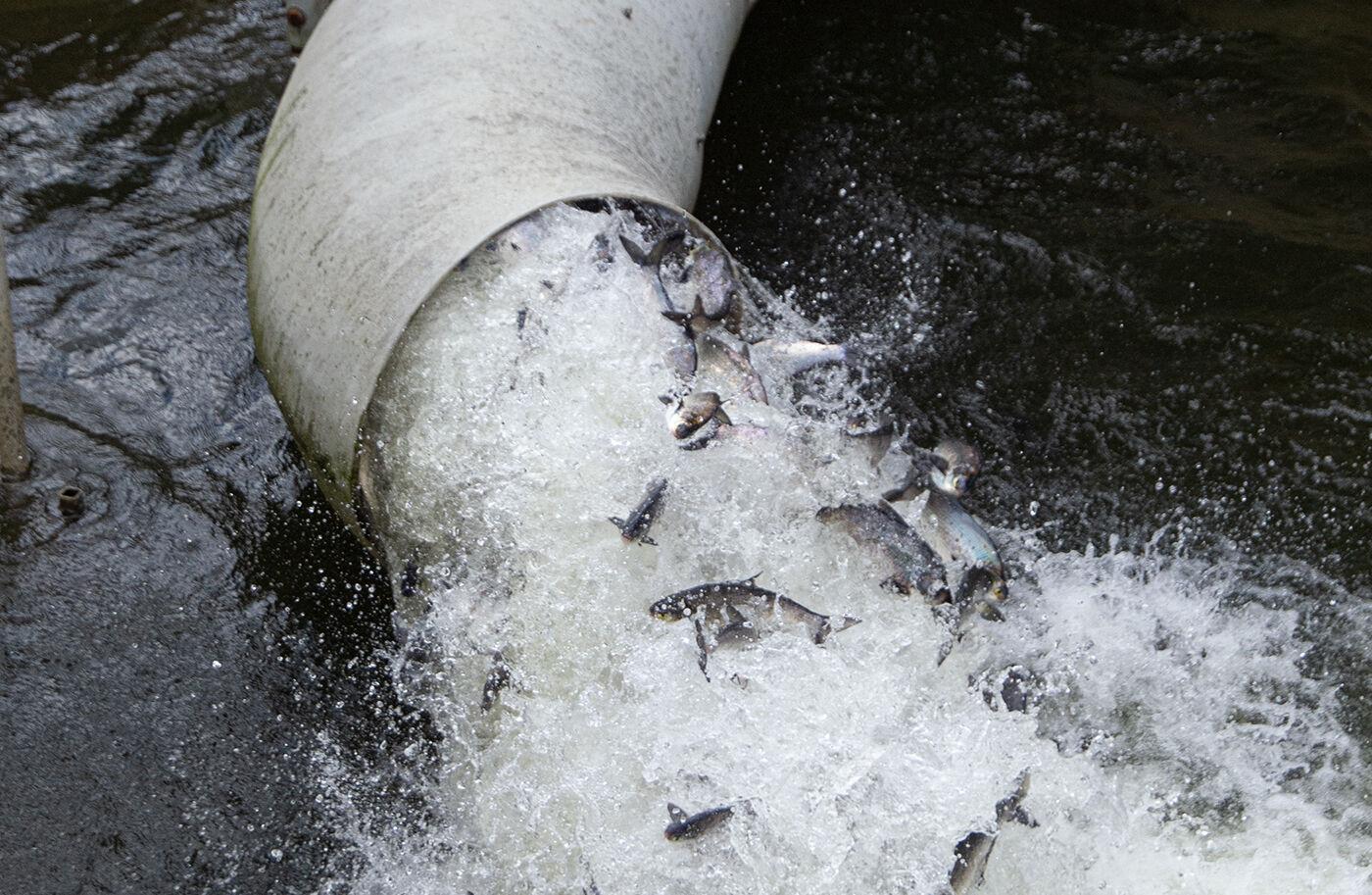A crippling virus exposure has put one of the East Coast’s premier bird rescue centers on lockdown. No, we’re not talking about the coronavirus, but this one is just as serious for birds.
12 days ago, Tri-State Bird Rescue & Research received a dead-on-arrival red-shouldered hawk that was found on the side of the road in Kent County, Del. No doubt the person that brought in the bird of prey hoped it could still be saved.
Tri-State, which cares for thousands of sick and injured birds from Maryland, Delaware and beyond, tested the late bird for disease. It tested positive for highly pathogenic avian influenza (HPAI), a type of avian flu. Its spread is especially sneaky because wild birds can be infected with HPAI and show no signs of infection, the rescue center says. For poultry as well as wild bird populations, HPAI can be highly contagious and deadly, making it a particular threat to the poultry industry according to the U.S. Department of Agriculture (USDA).
And a current outbreak of the bird flu outbreak is also threatening waterfowl hunting, according to USDA’S Animal and Plant Health Inspection Service. The agency confirmed HPAI in eight wild ducks and a Canada goose in Kent County, Del. in addition to the hawk from New Castle County that was brought to Tri-State. The ducks included northern shovelers, one American wigeon, one black duck and a gadwall. All were harvested by hunters and submitted for sampling.
While bird flu has not been detected in any humans in the United States, waterfowl hunters can still take precautions to reduce the risk of exposing poultry or pet birds. The Delaware Department of Natural Resources and Environmental Control says hunters should dress game birds in the field whenever possible, double-bag carcasses and feathers, and keep boots and gloves away from any domestic fowl or poultry.
Homeowners should also take care when cleaning bird feeders or cooking game birds. In addition to Delaware, eight other states in the Atlantic Flyway have found HPAI this year in wild birds, as ducks, geese and shorebirds can carry the disease to new areas when migrating, as can raptors such as hawks and owls.
Because there was the potential for viral exposure at the rescue center during Tri-State’s evaluation of the dead red-shouldered hawk, the other eight birds admitted at the time had to be quarantined. Since Feb. 10, Tri-State has been unable to accept any new rescued birds, instead directing well-meaning rescuers to other facilities. Since then, “Delaware Department of Agriculture (DDA) has worked with us to develop a plan so we can continue to rehabilitate the eight birds in our care with the goal of returning them to the wild at the end of the quarantine,” Tri-State says in a Facebook post updating the situation.
Keeping the rehabilitated birds in the facility through their quarantine period is tricky because some may be fully healed and ready for release sooner. “Our biggest challenge will be to keep those birds free of injuries as they become more active in their flight enclosures,” the rescue says.
The earliest Tri-State will be able to reopen is March 8, 2022. In the meantime, the rescue asks people not to bring any birds on the premises. And in light of the mid-Atlantic HPAI outbreak, they warn the public not to handle any wild birds they find dead or that are obviously sick. Sickness or unusual deaths in backyard flocks should be reported to your respective state’s department of agriculture, while groups of dead or sick waterfowl should be reported to the natural resources department.
Tri-State Rescue’s Wild Bird Clinic is one of the largest of its kind in the U.S., handling some 3,000 birds a year from all over the Chesapeake region with the goal of eventually releasing them back into the wild. It is staffed by both volunteers and veterinary staff.
While Tri-State is unable to accept birds, they suggest the following Maryland facilities for birds in need of rescue:
-Meg Walburn Viviano




